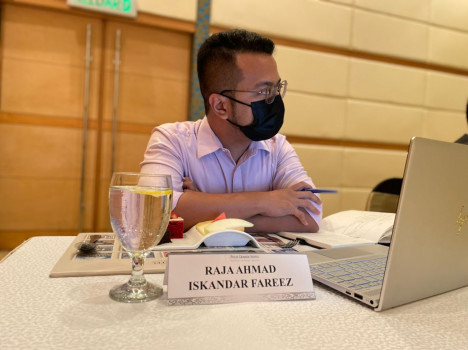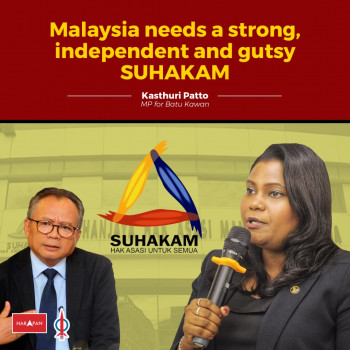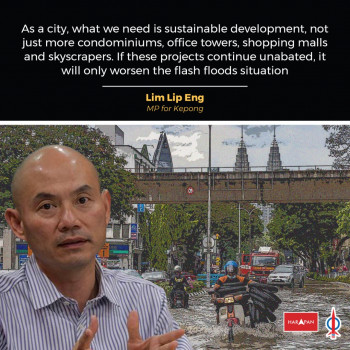translated by Soong Phui Jee
A political strongman has dominated the regime for as long as 33 years. It is indeed a record that can hardly be duplicated. However, with the old age, as well as the arrival of the era of openness, the strongman has no choice, but to leave.
The strong leadership of Tan Sri Abdul Taib Mahmud in Sarawak is going to draw a conclusion, following the state Chief Minister’s expression of his wish to step down at the PBB supreme council meeting. He said that details about the power handover will be explained in recent days.
It is worth pondering that Taib has made arrangement and decision for his resignation by himself. From the resignation timetable to power handover deployment and the future roles and positions, all seem to have followed his plan and been gradually implemented based on the power in his hands.
The PBB even leaves it to Taib to name his successor.
It is the characteristic of a political strongman. His personal influences has surpassed the party he represents and even the whole system. The huge shadow of the strongman has enveloped the political arena and it can still be extended even after his retirement.
Based on the principle of party politics, once Taib announces his retirement, the PBB supreme council should select a new party leader who can replace Taib as the state Chief Minister. It is also a common practice in party politics.
The PBB, however, handed over its right to Taib to decide his successor. The successor named by Taib is very likely to continue his policies and style, and even let Taib continue exerting his influence.
From a positive perspective, it serves as a protection cushion for the party’s infighting, enabling the PBB to avoid splitting after Taib’s retirement and thus, stabilise the state’s political situation.
From the opposite angle, however, it will allow Taib’s political style to continue in the post-Taib era. Taib’s retirement does not mean the retreat of his forces from the political arena. He might serve as the Head of State and the post, which is originally a ceremonial post, might become a position having subtle relations with power.
Of course, Taib might have taken political balance into consideration. In addition to his own will, he also has to consider the party’s factional problems while more or less considering the central government’s will. Among several possible candidates, deputy president Datuk Amar Abang Johari Tun Openg, vice-president Datuk Amar Awang Tengah Ali Hasan, information chief Tan Sri Adenan Satem or even a black horse, anyone being named is inseparable from the compromise between subjective will and power relations.
However, Taib is Taib and it is impossible for him to have an incarnation. His influence might continue to exist even after his retirement but his successor would not enjoy his strongman status.
The rise of Taib, after all, took place in an era with a relatively weak sense of democracy, allowing him to use political resources in hands to centralise power and establish a set of arguments to convince party members and the public and gain their support.
Today, with diversified messages, population urbanisation and ideological liberalisation, the new Chief Minister has to meet the needs of different social strata while being bounded by the party, being checked and balanced by opposition parties and strengthening communication with the central government. All these factors are expected to change the political environment of Sarawak.
* The views expressed in this article are the personal opininion of the columnist and this article first appeared in mysinchew.com



